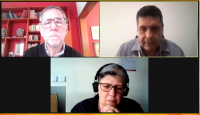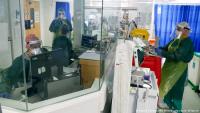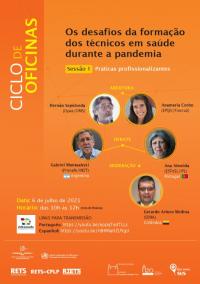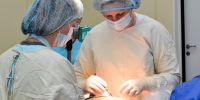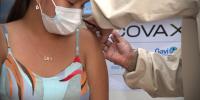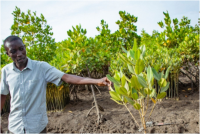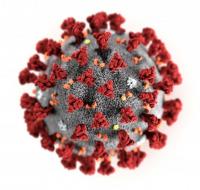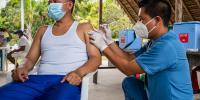You are here
News
-
07/09/2021 - In simulations made by the researchers, analyzing past measures and in an optimistic scenario, adopting the system could have avoided up to 64% of cases, hospitalizations, and deaths with better administration of the periods in which social distancing was enforced.
-
07/07/2021 - The purpose of the initiative is to generate a space for exchange, reflection, learning, and formulation of proposals about the concrete experiences of how different training institutions faced these challenges and achieved their goals. Held on July 6th, with more than 500 accesses from several countries, the first workshop of the cycle addressed the issue of 'professionalizing practices' that cannot be done virtually. Sebastián Tobar (CRIS/Fiocruz) was the presenter of the event, which was opened by Hernán Sepúlveda (PAHO/WHO), and Anamaria D'andrea Corbo (EPSJV/Fiocruz). The debate, mediated by Gerardo Arturo Medina, (SENA - Colombia), brought together Professor Ana Almeida (ESTeSL - Portugal) and Gabriel Muntaabski (INET - Argentina).
-
07/07/2021 - The World Health Organization (WHO) has updated its patient care guidelines to include interleukin-6 receptor blockers, a class of medicines that are lifesaving in patients who are severely or critically ill with COVID-19, especially when administered alongside corticosteroids.
-
06/23/2021 - The first workshop of the cycle will address the issue of 'professionalizing practices', which cannot be done virtually. How are institutions dealing with this difficulty in its different aspects? What solutions have been provided so that these technicians, whose role in the national health systems is fundamental, can enter the world of work well prepared, and at a time of many demands, such as the pandemic? How do we face the difficulties in maintaining the number of graduates from technical courses and maintaining the quality of the training? These are some of the questions to be answered from the first meeting. (Portuguese and Spanish)
-
06/16/2021 - According to new research from the World Health Organization (WHO), caesarean section use continues to rise globally, now accounting for more than 1 in 5 (21%) of all childbirths. This number is set to continue increasing over the coming decade, with nearly a third (29%) of all births likely to take place by caesarean section by 2030, the research finds.
-
06/10/2021 - In some countries not even 1% of the population has been vaccinated. In other countries, the figure is only 3%. Carissa Etienne calls for “urgently” ramped up access to vaccines and urges countries to contribute doses or financial resources.
-
06/07/2021 - The United Nations General Assembly has declared the years 2021 through 2030 the UN Decade on Ecosystem Restoration. Led by the United Nations Environment Programme and the Food and Agriculture Organization, the UN Decade is designed to prevent, halt and reverse the degradation of ecosystems worldwide. This global call to action will draw together political support, scientific research and financial muscle to massively scale up restoration with the goal of reviving millions of hectares of terrestrial and aquatic ecosystems.
-
05/31/2021 - In order to disseminate good quality, updated and relevant information about the current pandemic we are facing, we decided to create this specific space, which will serve as a dynamic repository of information on our website. There will be material in Portuguese, English and Spanish. Enjoy, send suggestions and spread the word!
-
05/24/2021 - World No-Tobacco Day Awards for 2021 in the Americas have been awarded to three Costa Rican institutions, the ministries of health in Saint Lucia and Paraguay, the Uruguayan National Resource Fund, two California cities, and a Brazilian doctor.
-
05/21/2021 - Pan American Health Organization Director Carissa F Etienne of the Pan American Health Organization (PAHO) reported that more than one million people in Latin America and the Caribbean have died from the disease and called on the world to intensify efforts to improve the region’s access to vaccines. “This pandemic is far from over, and it is hitting Latin America and the Caribbean severely, affecting our health, our economies, and entire societies. Yet only about 3% of our citizens have been vaccinated.”


